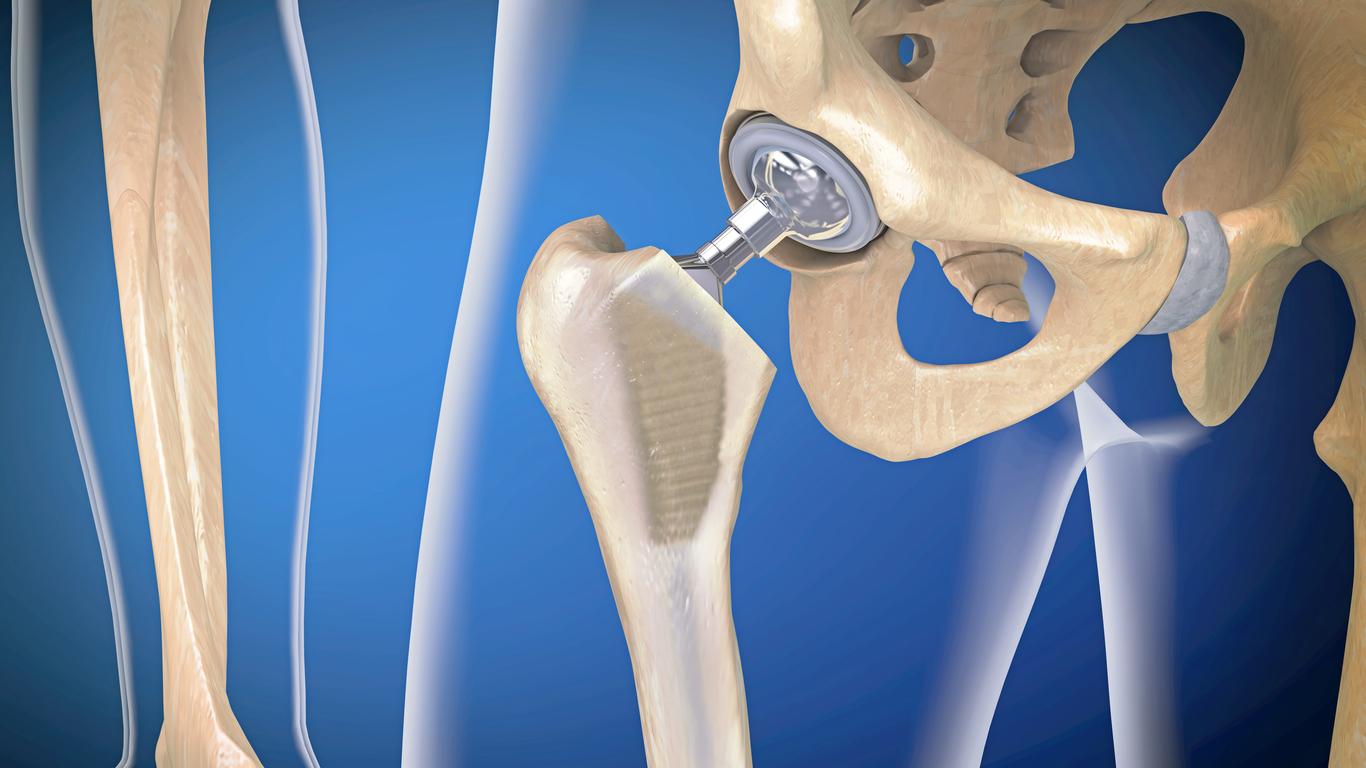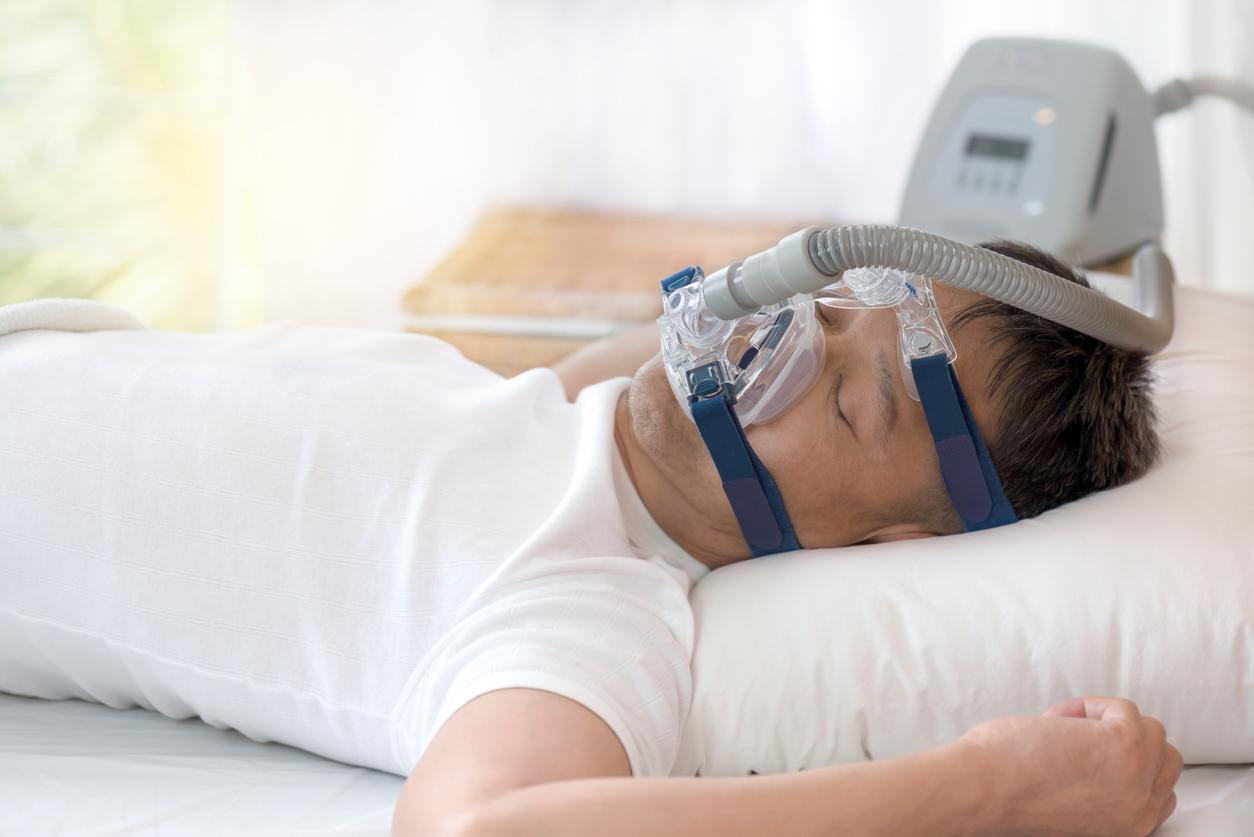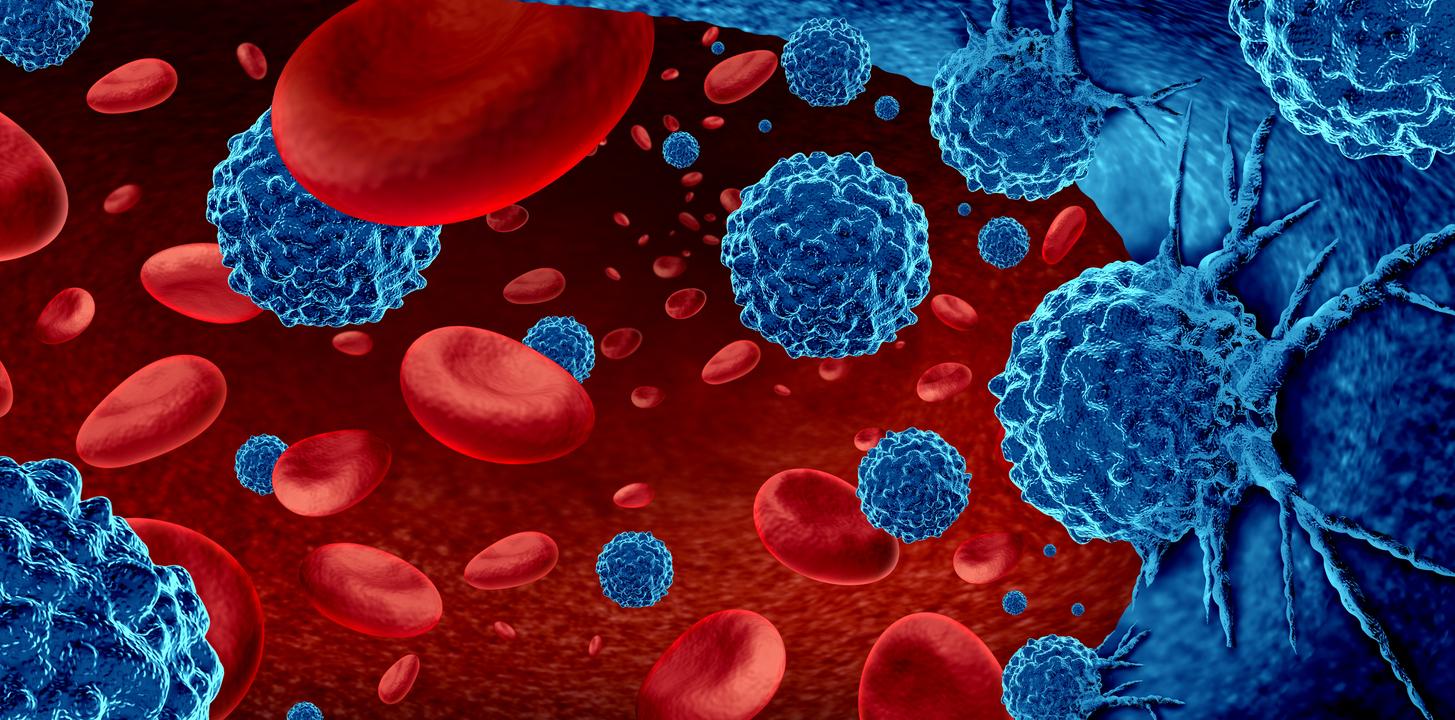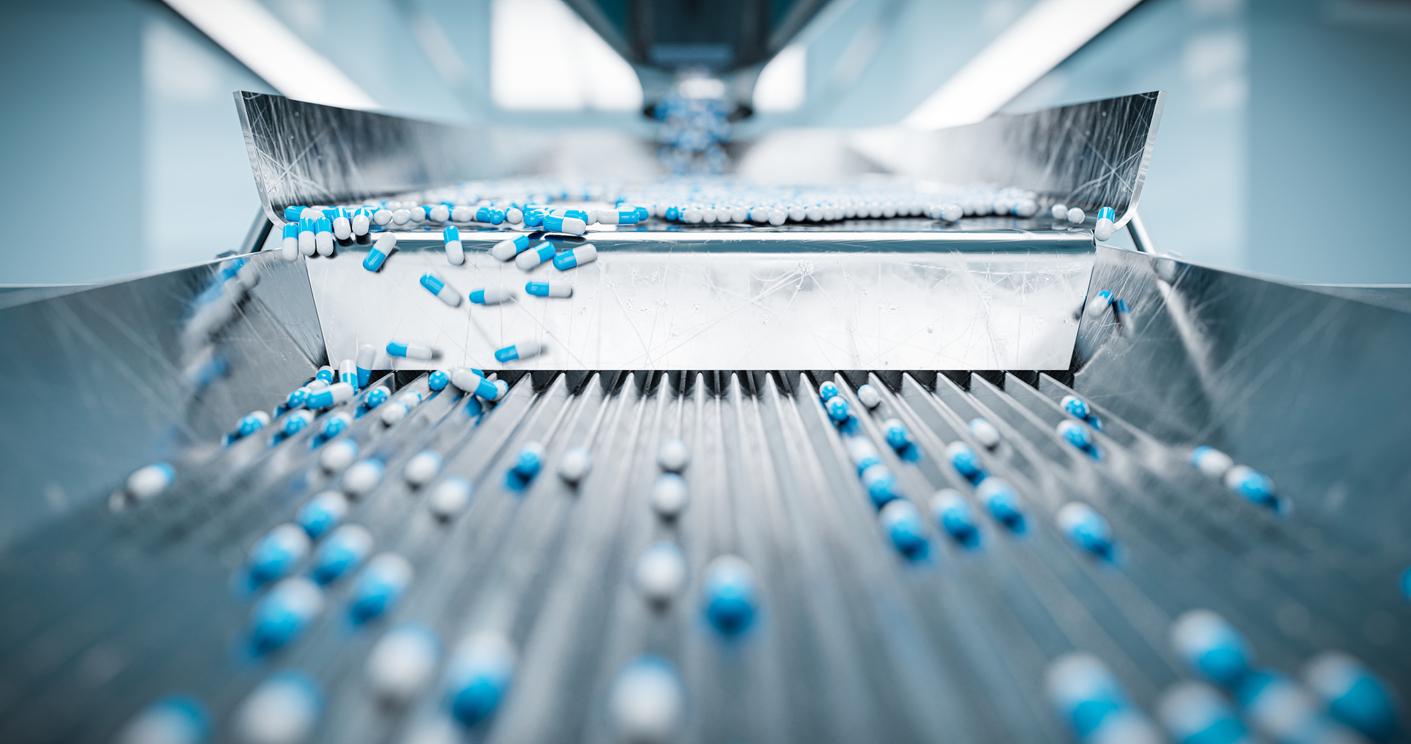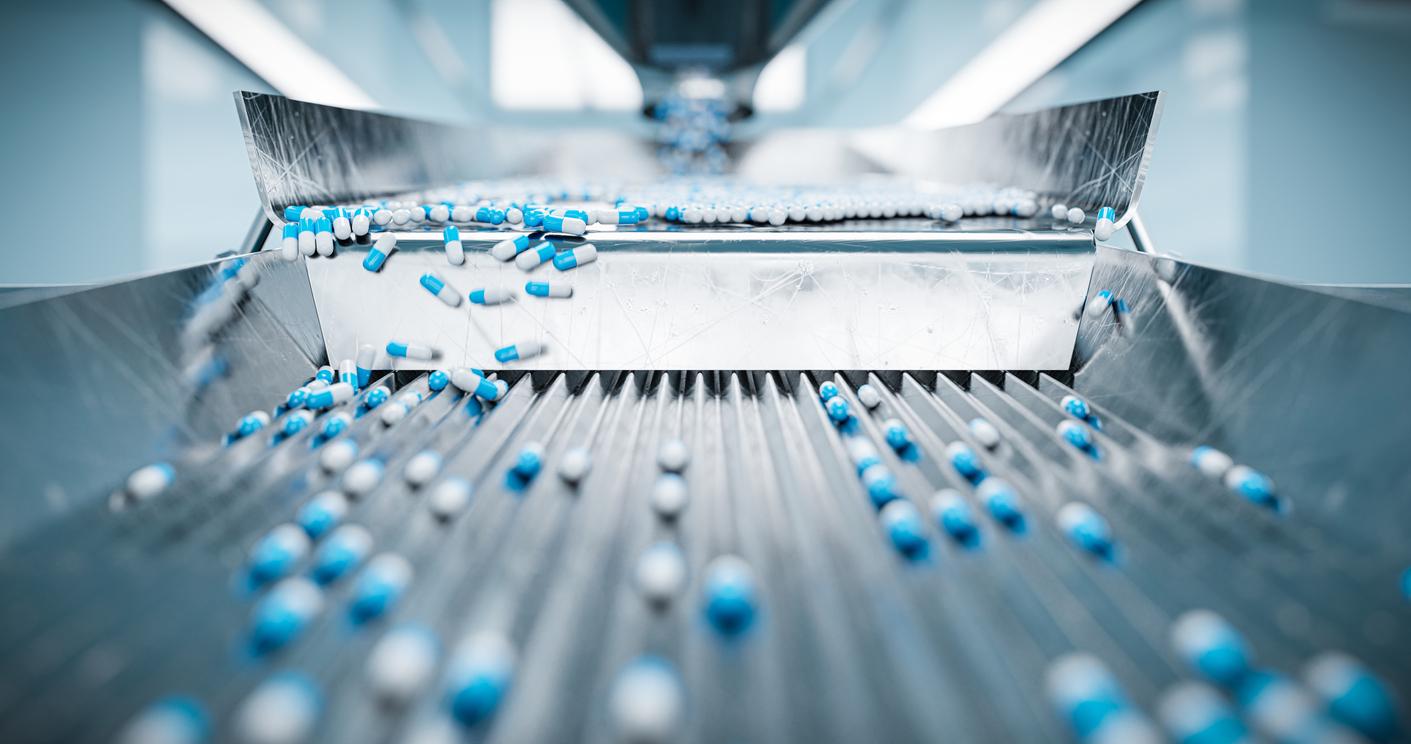29 cases of lymphoma associated with breast implants have been reported in France. The number is still increasing. The majority of prostheses are of the Allergan brand.
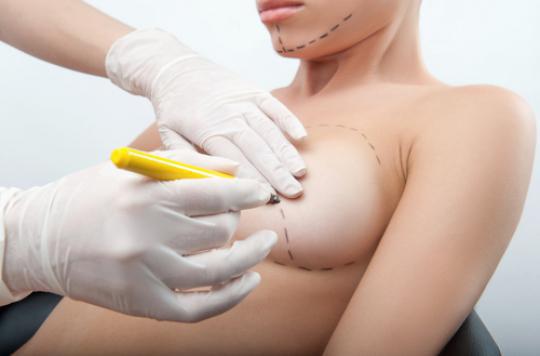
Any woman with a breast implant should be monitored. In an information point, the National Medicines Safety Agency (ANSM) recalls the anaplastic large cell lymphoma develops with these prostheses. Suspicions of Allergan-branded products appear to be mounting, although the Agency remains cautious.
It was in March 2015 that the National Cancer Institute (INCa) and the ANSM lifted this hare, by creating a new terminology: anaplastic large cell lymphomas associated with breast implants (LAGC-AIM). Active monitoring of materiovigilance is reinforced. At the heart of the concerns: the textured prostheses produced by Allergan.
29 cases listed
In this last point, the suspicions weighing on the Allergan brand seem to be confirmed. It is “over-represented” in France and in other countries. To date, it is not possible to conclude that there is an over-risk or a direct link, however, explains the ANSM contacted by Why actor. Several reasons prevent this: some women have only worn this brand, but others have changed their model over the years. In addition, the number of cases is very small.
“It is difficult to obtain the history of brands of implants worn by patients. It is therefore difficult to assess a possible link between the occurrence of a LAGC AIM and a particular brand of implant ”, specified in June 2015 the temporary specialized Scientific Committee. Studies are underway to determine whether so-called textured implants are involved. A study on mice is funded by the ANSM.
The number of cases continues to evolve, according to the July 6 point. A total of 29 women were identified, or 9 more than over the 2014-2015 period. “The increase in LAGC is regular in France,” adds the Agency.
400,000 implants sold
Despite necessary vigilance, anaplastic lymphomas associated with implants remain rare in carriers. Some 400,000 models were sold between 2007 and 2014. Complications are therefore confined to a very small number. This is also why no preventive explantation is recommended. Surgeons, on the other hand, are encouraged to inform patients about the risks.
Women must still be monitored, even in the absence of suspicious signs, tempers the ANSM: “If the diagnosis is made early, the outcome is more favorable,” she reminds Why actor. Suspicious signs are profuse effusion, breast enlargement, pain, inflammation, lump and ulceration.
.








